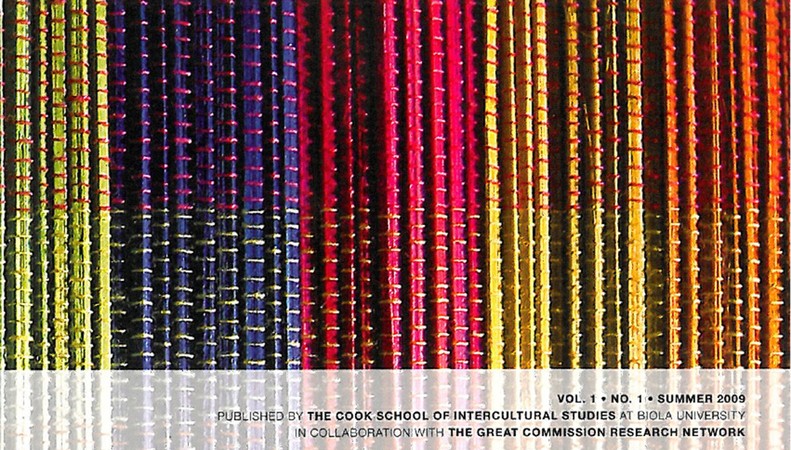In an effort to benefit Biola’s branding, administration made the decision to outsource three of its academic journals, while cutting the Great Commission Research journal this summer.
JOURNALS MOVED
The decision to move the journals to a separate publisher came on the heels of the academic prioritization process. The outsourcing, however, will likely provide a large boost in readership for the journals that will be transferring over, which will help Biola’s branding both nationally and internationally. Vice president of University Communications and Marketing Lee Wilhite is optimistic of the benefit that the move will have on Biola’s journals.
“We identified a group out of London called Sage Publishing, and Sage produces about 200 academic journals around the world,” Wilhite said. “They’re one of, if not the largest global producer of academic journals.”
Biola proposed all four journals that it produces to Sage Publishing, in hopes that the firm would publish all four. Sage showed interest in three out of the four academic journals.
LONG-RUNNING JOURNAL CUT
“The fourth journal that they weren’t interested in was the Great Commission Research Journal,” Wilhite said. “They had a similar journal that they were producing called Missiology, which was closely aligned with the ideas presented in the GCR.”
The two publications present many different ideas, but according to Wilhite, the two journals remain too similar in scope to justify the publication of both journals. Although Biola will no longer publish the GCR Journal, it is by no means going away.
“[The GCR Journal] gets to transition if they choose to,” said Joy Bergk, who oversees all academic journals at Biola. “It is currently published by the Great Commission Research Network, and that’s a separate organization, so it’s now up to them to decide what to do with the journal.”
As for the other journals, UCM has already begun exporting them. At the same time, they continue to work on sending subscriber information to Sage while Sage opens up the websites and receives archived files from Biola.
“The idea is to hand off the subscribers, so that to the subscriber, it really isn’t a big difference,” Bergk said. “The journals will even have the same printer, so it’ll have the same look and feel to it.”
Once Biola gets past the stage of handing off the databases to the publishing company, the journals will go back to their original state, except they will now have much better recognition. According to Bergk, instead of being solely a print based journal, the journals will now have a section online, which will likely boost readership.
As for the GCR Journal, current journal editor Alan McMahan feels grateful for the opportunities that Biola has provided the journal in the past.
“We appreciate Biola’s sponsorship of this journal over the last nine years, and while we are disappointed that they’re not going to be able to continue in that role, we do believe that the publishing of this kind of information is vital, and we will continue to maintain it as long as we possibly can,” McMahan said.







